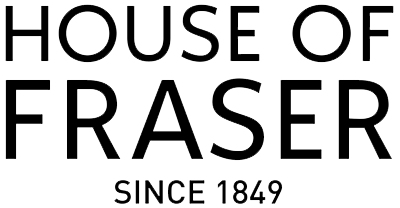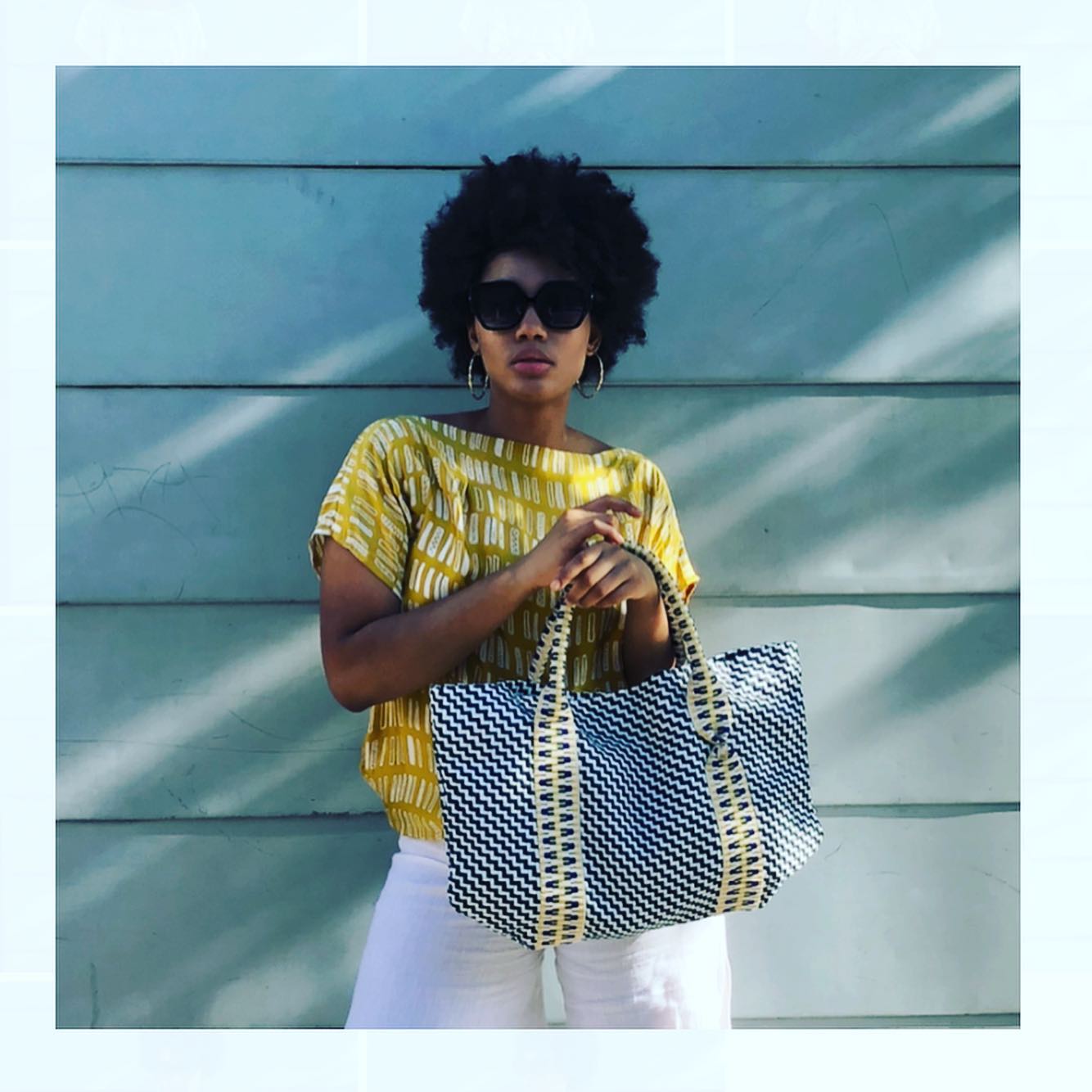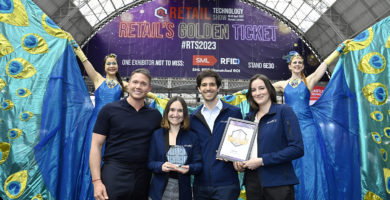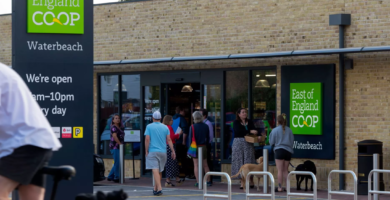The fashion industry and its customers may have different ideas about what authenticity and sustainability really mean. Now a new generation of brands is crossing the chasm. Retail Connections talks to Stelar.
I’m not having it anymore; being force-fed environmental messages by the fashion industry that I simply do not believe, or are not really based on what I believe. It is time to revisit what we mean by authenticity and sustainability, words that jumped from the fringe to the fashion mainstream in less than three years. But sadly, these are two words that have already been taken hostage by big brands forced to define them within the narrow limitations of their own capabilities; they may be failing to be sustainable in front of a consumer that wants the full product story right across the supply chain.
Given the impact that we now understand production lines and high-tech manufacturing can have not just on the environment but on the workers and families that live in it, then perhaps it is time to reclaim these words; and think again about what they really mean as well as the part we can play alongside brands in redefining them. And it needs the industry and its customers to collaborate on a more level playing field.
Big brands can’t or won’t do this
Consider the case of the ethical brand, Stelar, which manufactures (in the original sense of the word – to make by hand) bags and accessories of such original design and high quality, that at least six big Italian brands I can think of need to look to their laurels, if not their prices.
Here is the Stelar story, behind which is a completely new business model in tune with our times. Consider that Bali depends on tourism for 90% of its GDP and then consider what this means for the population during lockdowns and travel bans. Consider also that most people in Bali learn to weave at an early age to fulfil their practical and cultural responsibilities to their communities.
Lorna Watson, Stelar’s founder, is a trained goldsmith and advocate of high levels of craftsmanship throughout her career, which included stints as Creative Director of Astley Clarke, which pioneered selling jewellery on line, as well as brands including Dior, Burberry and Fabergé. Even before the current crisis, she had been looking for a way to counter the effects of mass production and demand for cheaper labour within the fast fashion industry. Current models force so many artisans to leave their communities in search of unskilled jobs, at considerable social cost.
It’s your bag
With Stelar, the consumer is fully involved in a way that is meaningful to them, not just in terms of their environmental concerns, but their personal connection to the products they own. As the company says, “Traceability is at the heart of what we do. Every hand-crafted item is accompanied by a unique digital code, connecting the owner to the origins of their bag and the artisan who created it.” Not to mention how this cuts out counterfeiting, a problem that besets many big brands.
Any scepticism around this way of doing business can be dispelled by figures from the Craft Council which says that there has been a steady reappreciation of all things handmade in recent years, as well as who is buying. Today, the largest consumers of craft are millennials and Gen-Zers. In 2019, almost 25 million handcrafted objects were bought by British consumers – and 32 per cent of those were purchased by under-35s. This figure has doubled since the first research report back in 2006.
Craftsmanship, Community, Transparency and Regeneration
Stelar is hoping to capitalise on this shift in the market and tap into the new generations of buyers. Its vision is to create a successful business aligned with its core values of Craftsmanship, Community, Transparency and Regeneration.
The company’s primary focus is to build an e-commerce-led direct-to-customer model supported by experiential events and trunk shows. It is also already in nine Aman resorts in SE Asia and aims to expand its presence in 5 star hotels and resorts. It will also target iconic department stores and speciality retailers (online and offline) on a conventional wholesale basis to raise awareness and extend access to the brand.
Heavy-weight support
Stelar is based in London with an operations team in Bali over-seeing production, warehousing and fulfilment to its wholesale customers. It recently appointed Mark Dunhill as CEO. Mark, who spent 13 years running businesses for Alfred Dunhill in Asia and the UK before stints at Fabergé, TM Lewin and Whittard said, “I had been on the lookout for exciting new businesses whose values and brand proposition are aligned with the aspirations of Millennial and Gen Z consumers living through this pandemic. Stelar ticks all of these boxes: I believe it is a business with extraordinary potential and I am delighted to have the opportunity to help Lorna and our wise and experienced Advisory Team ‘make it happen’.”


















